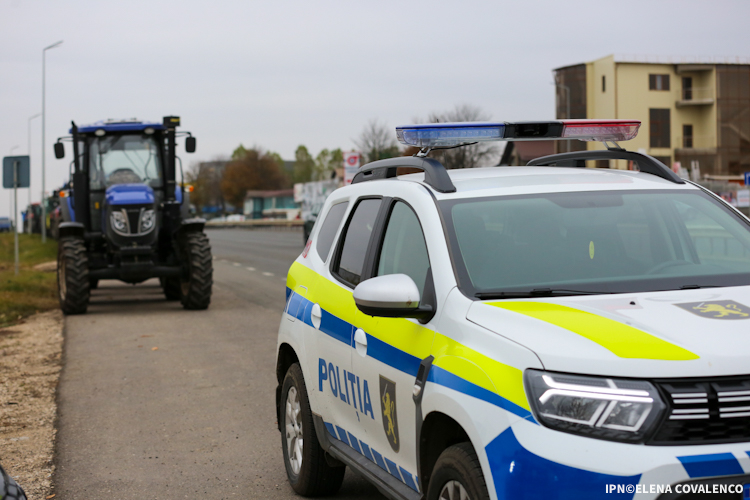Article 337 of the Criminal Code of the Republic of Moldova – Treason – is to be amended. A new form of treason will be introduced, namely the provision of aid to a foreign state, foreign organization, anti-constitutional entity or their representatives to carry out hostile activities against state security. This can also be expressed through disinformation campaigns, activities organized over a particular period of time to achieve hostile objectives through disinformation of society, which are likely to harm the sovereignty, independence, unity, indivisibility, security or defense capacity of the Republic of Moldova, IPN reports.
The amendment to the Criminal Code was drafted by the MP of the Party of Action and Solidarity Igor Chiriac and was discussed on Friday on a parliamentary platform. The MP said that the aim is to clarify “Treason” by specifying the essential features of the criminal acts classed as treason and protecting the fundamental values of the existence of the state, which are expressly enshrined in the Constitution.
According to PAS MP Oazu Nantoi, the Russian Federation is an aggressor state and there are particular people who claim to be politicians and use illegal money from the Russian Federation, and this is treason because they use the resources of the aggressor state to attack the sovereignty, the constitutional order of the Republic of Moldova. Aspects related to the presentation of evidence must be specified as there are friendship treaties between states, there is pluralism of opinion.
PAS MP Andrian Cheptonar noted that the political actors who go to the Russian Federation to found a political party before the elections, who come afterwards to subjugate, to enslave the eventual future political power to the interests of the Russian Federation, pose an extremely serious threat to state security. “I consider all the politicians who go and found political parties abroad under the guidance of foreign powers are definitely traitors to the motherland,” said the lawmaker.
The draft law is to be examined by the responsible commissions and by Parliament.


